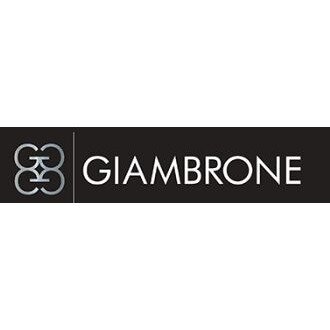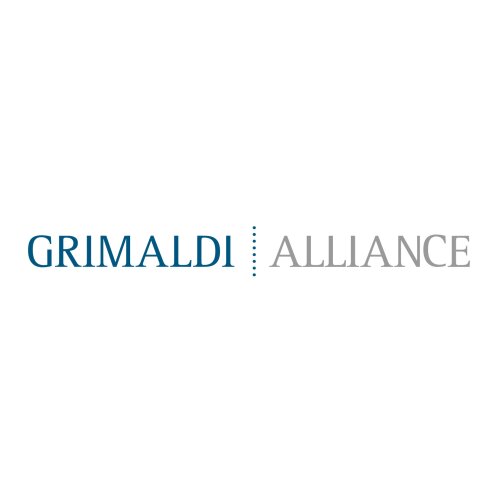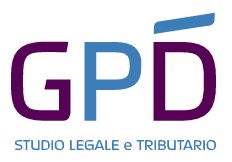Best Art & Cultural Property Law Lawyers in Rome
Share your needs with us, get contacted by law firms.
Free. Takes 2 min.
List of the best lawyers in Rome, Italy
About Art & Cultural Property Law in Rome, Italy
Art & Cultural Property Law in Rome, Italy, is a specialized field dedicated to the protection, regulation, and preservation of artworks, cultural heritage, and historical properties. Rome, being a city rich in history and art treasures, operates under a complex legal framework that aims to safeguard its cultural assets from illegal acquisition, export, and damage. This legal discipline intersects with areas such as intellectual property, contract law, and international law, and involves legislation at the local, national, and international levels.
Why You May Need a Lawyer
Engaging a lawyer in the field of Art & Cultural Property Law can be essential in various situations, including:
- Acquisition or sale of artworks, where one needs to ensure compliance with legal and ethical standards.
- Disputes over the authenticity or provenance of artworks or cultural objects.
- Cases involving the illegal export or import of cultural properties.
- Restoration or conservation projects requiring adherence to legal standards.
- Negotiating or drafting agreements for exhibitions and loans of artworks.
- Handling cases of theft or illegal trafficking of cultural assets.
Local Laws Overview
In Rome, Art & Cultural Property Law is governed by several key statutes and regulations, including:
- The Italian Code of Cultural Heritage and Landscape, which provides guidelines for the preservation and management of cultural assets.
- Rules surrounding the export of cultural property, which require authorization to prevent illegal transportation of objects of artistic, historical, or archaeological value.
- Legislation on restitution claims for artifacts acquired unlawfully, ensuring rightful ownership is maintained.
- Specific laws protecting archaeological sites and national treasures native to Rome and Italy.
- Local regulations that dictate the conditions under which artworks can be restored or altered.
Frequently Asked Questions
What is considered cultural property under Italian law?
Cultural property in Italy spans a broad range of objects, including artworks, manuscripts, rare books, archaeological finds, and historical monuments. These items are recognized for their historical, artistic, or archaeological significance.
Do I need a permit to export art from Rome?
Yes, exporting art from Rome requires a permit, especially if the artwork is over 50 years old, due to strict Italian export laws designed to prevent illicit trafficking.
How can I verify the provenance of an artwork?
Consulting with a cultural property lawyer can help verify the provenance of an artwork through due diligence processes, which include assessing ownership history and researching public and private records.
What actions can I take if my cultural property is stolen?
If your cultural property is stolen, report it to local authorities immediately. A lawyer can guide you through legal avenues for recovery, both in Italy and internationally.
Are there restrictions on restoring cultural properties?
Yes, there are specific guidelines for the restoration of cultural properties to ensure their historical and artistic integrity is preserved. Professional supervision is often required.
Can cultural properties be used as collateral for loans?
While it's possible for cultural properties to be used as loan collateral, this process involves complex legal considerations requiring expert legal advice.
How is intellectual property applied in the context of art?
Intellectual property laws protect artists’ rights to their creations, including copyrights for artistic works, which must be considered in any commercial transaction involving art.
What should I do if I suspect an artwork is a forgery?
If you suspect forgery, consult a legal expert. They can assist in having the artwork evaluated by professionals and pursue any necessary legal actions.
Who is responsible for damages during an exhibition?
Responsibility for damages usually depends on the agreement between the exhibition organizers and the artwork owners. Legal advice can ensure proper risk allocation.
How does Italy handle disputes over repatriation of cultural objects?
Repatriation disputes are handled under international and national laws. Italy has various agreements and legal mechanisms to address these issues and negotiate the return of cultural assets.
Additional Resources
For those needing further assistance or information in Art & Cultural Property Law, the following resources can be invaluable:
- Ministero della Cultura: The Ministry of Culture in Italy oversees cultural heritage protection.
- Istituto Centrale per il Restauro: Offers guidelines and services for the restoration of cultural objects.
- UNESCO: Offers international treaties and resources on cultural heritage protection.
- ICOM (International Council of Museums): Provides standards and best practices in museum management.
Next Steps
If you suspect a need for legal assistance in Art & Cultural Property Law, consider the following steps:
- Document all relevant information regarding your case or concern.
- Seek out a specialty law firm or practitioners with expertise in Art & Cultural Property Law locally.
- Arrange for an initial consultation to discuss your situation and explore legal options.
- Ensure that your lawyer is familiar with both international and local laws applicable to your case.
- Proceed with legal action only after thorough consultation and understanding of your rights and obligations.
Lawzana helps you find the best lawyers and law firms in Rome through a curated and pre-screened list of qualified legal professionals. Our platform offers rankings and detailed profiles of attorneys and law firms, allowing you to compare based on practice areas, including Art & Cultural Property Law, experience, and client feedback.
Each profile includes a description of the firm's areas of practice, client reviews, team members and partners, year of establishment, spoken languages, office locations, contact information, social media presence, and any published articles or resources. Most firms on our platform speak English and are experienced in both local and international legal matters.
Get a quote from top-rated law firms in Rome, Italy — quickly, securely, and without unnecessary hassle.
Disclaimer:
The information provided on this page is for general informational purposes only and does not constitute legal advice. While we strive to ensure the accuracy and relevance of the content, legal information may change over time, and interpretations of the law can vary. You should always consult with a qualified legal professional for advice specific to your situation.
We disclaim all liability for actions taken or not taken based on the content of this page. If you believe any information is incorrect or outdated, please contact us, and we will review and update it where appropriate.















